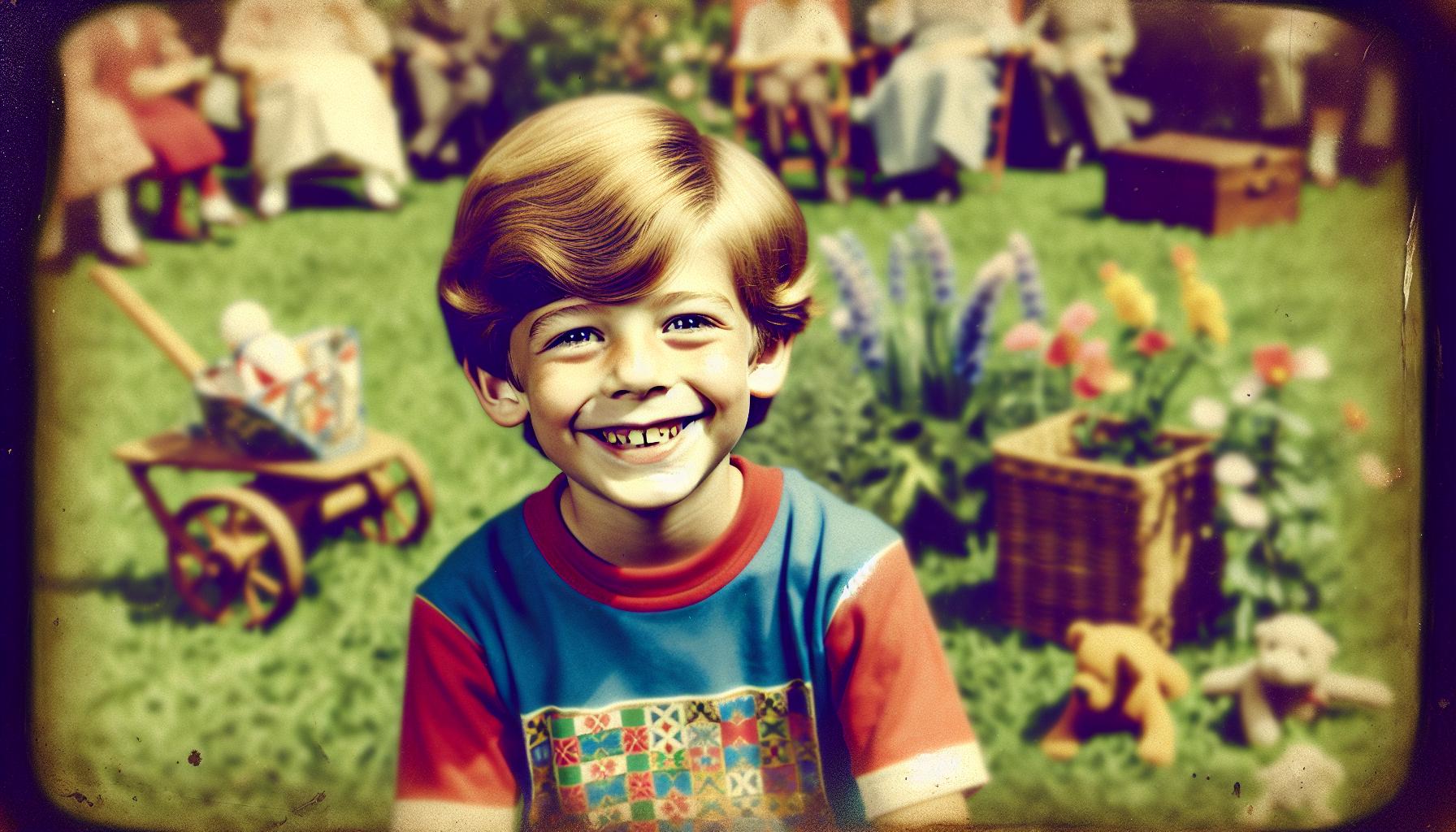As children grow, their dental journey brings a mix of excitement and concern for parents. One common question arises: do baby molars fall out? Understanding the process of losing baby teeth, especially molars, is crucial for parents to ensure their child’s oral health and development. This article explores the timeline, signs, and implications of baby molars falling out, providing valuable insights for caregivers navigating this important milestone.
Understanding Baby Molars
Baby molars play a crucial role in a child’s dental development. These teeth emerge around age two and are essential for chewing and proper alignment of permanent teeth.
What Are Baby Molars?
Baby molars refer to the set of teeth located at the back of a child’s mouth, specifically the primary maxillary and mandibular molars. Children typically have eight baby molars, with four in the upper jaw and four in the lower jaw. These teeth differ in structure from permanent molars, featuring a broader base and flatter surfaces, aiding in the grinding of food.
The Role of Baby Molars in Oral Development
Baby molars contribute significantly to oral development. They assist in proper chewing, vital for nutrition. Their presence helps guide the eruption of permanent teeth, ensuring correct alignment. When they fall out, usually between ages nine to eleven, they pave the way for adult molars, maintaining the mouth’s overall structure and health.
Do Baby Molars Fall Out?

Yes, baby molars do fall out. Typically, children begin to shed their baby teeth around the age of six, which includes baby molars. This process is crucial for making way for permanent teeth to emerge and is a natural part of dental development.
The Timeline for Baby Molar Loss
Baby molars usually fall out between the ages of 9 and 11 years. The timeline may vary slightly between children; however, some signs can indicate impending tooth loss. Noticeable factors include looseness of the molars, discomfort during eating, or changes in bite alignment. Regular dental check-ups help monitor this transition.
For parents wondering when do baby molars fall out and what to expect during this phase, understanding the normal sequence of tooth loss can provide reassurance. While every child’s dental development varies, most will experience molar loss within this general age range.
Factors Influencing Molar Loss
Several factors influence the loss of baby molars.
- Age: The child’s age plays a significant role in the timing of tooth loss.
- Dental health: Strong oral hygiene promotes healthier teeth and influences molar longevity.
- Genetics: Family history may affect the timing and order of tooth loss.
- Nutrition: A balanced diet rich in vitamins and minerals supports dental health.
- Dental visits: Routine dental check-ups can provide insights into the child’s dental development.
Understanding these factors allows parents to support healthy dental practices, ensuring a seamless transition from baby molars to permanent teeth.
Common Concerns and Misconceptions
Parents often express concerns regarding the loss of baby molars, leading to various misconceptions. Addressing these can help families navigate this stage in their child’s dental development with confidence.
Are Baby Molars Painful When They Fall Out?
The process of baby molars falling out isn’t inherently painful. Children may experience mild discomfort or pressure as the baby molar loosens, but this discomfort typically resolves once the tooth is out. Some children may also sense sensitivity when chewing or following an injury that initially loosens the tooth. Monitoring for signs of excessive pain, swelling, or bleeding ensures that any potential dental issues receive prompt attention.
Myths About Baby Molars
Several myths exist regarding baby molars that can confuse parents.
- Myth 1: Baby molars won’t affect future teeth. Baby molars play a crucial role in guiding the eruption of permanent teeth, ensuring proper spacing and alignment in the jaw.
- Myth 2: All baby teeth must fall out in the same order. Baby teeth don’t follow a strict sequence in falling out. Variability is normal; individual differences dictate the timeline and order of tooth loss.
- Myth 3: Baby molars can remain until adulthood. Baby molars typically fall out by age eleven. Delayed shedding may indicate dental issues that require dental consultations.
- Myth 4: Losing baby molars signifies poor dental health. The loss of baby molars is a natural part of dental development and does not reflect poor oral hygiene or health. Regular dental check-ups support overall dental health.
Understanding these points clarifies common misconceptions surrounding baby molars, empowering parents in their children’s dental journeys.
Proper Care for Baby Molars
Proper care for baby molars ensures healthy dental development. Maintaining oral hygiene and seeking professional advice when necessary addresses potential concerns effectively.
Maintaining Oral Hygiene
Maintaining oral hygiene for children with baby molars is crucial. Parents should ensure that children brush their teeth twice daily with fluoride toothpaste, starting when the first tooth emerges. Using a soft-bristled toothbrush prevents damage to delicate gums, and encouraging children to floss helps remove food particles and plaque between teeth. Regular dental check-ups, ideally every six months, enable professionals to monitor oral health and offer tailored advice. Limiting sugary snacks and drinks contributes significantly to preventing tooth decay. Parents should also provide guidance on proper brushing techniques to promote independence while ensuring effectiveness.
When to Seek Professional Advice
Seeking professional advice is important if any signs of trouble arise with baby molars. Parents should consult a dentist if they notice persistent pain, extensive cavities, or noticeable changes in the alignment of their child’s bite. Observing excessive looseness of the molars, especially beyond the usual timeline, warrants attention. Additionally, if children struggle with chewing, exhibit swelling around the gums, or display signs of infection, immediate dental evaluation is recommended. Addressing these issues promptly protects overall oral health and facilitates a smoother transition to permanent teeth.
Conclusion
Understanding the process of baby molars falling out is essential for parents navigating their child’s dental development. By recognising the signs and timelines associated with this natural transition, caregivers can ensure their children maintain healthy oral habits.
Proper dental care and regular check-ups play a pivotal role in supporting this journey. As children lose their baby molars, parents can foster a positive experience by addressing any concerns and misconceptions that may arise.
With the right knowledge and practices in place, parents can confidently guide their children through this important milestone, setting the stage for a lifetime of good dental health.
Frequently Asked Questions
When do baby molars start to fall out?
Baby molars typically begin to fall out around the age of six, with the process continuing until children are between 9 and 11 years old.
What are the signs that a baby molar is going to fall out?
Signs include looseness of the molar, discomfort while eating, and noticeable changes in bite alignment.
Why are baby molars important for children?
Baby molars assist in chewing, guide the eruption of permanent teeth, and help maintain the mouth’s overall structure and health.
Do baby molars affect the health of permanent teeth?
Yes, baby molars play a crucial role in dental development and their health influences the proper alignment and health of permanent teeth.
How can I help my child care for their baby molars?
Encourage brushing twice daily with fluoride toothpaste, limit sugary snacks, and schedule regular dental check-ups every six months.
Is it normal for children to feel discomfort when losing baby molars?
Mild discomfort can occur as a molar loosens, but it is generally not painful.
What if my child experiences severe pain with a loose molar?
If your child has persistent pain or significant changes in bite alignment, seek professional dental advice promptly.
Are there myths about losing baby molars I should be aware of?
Yes, common myths include beliefs that all baby teeth must fall out in the same order or that their loss indicates poor dental health.


